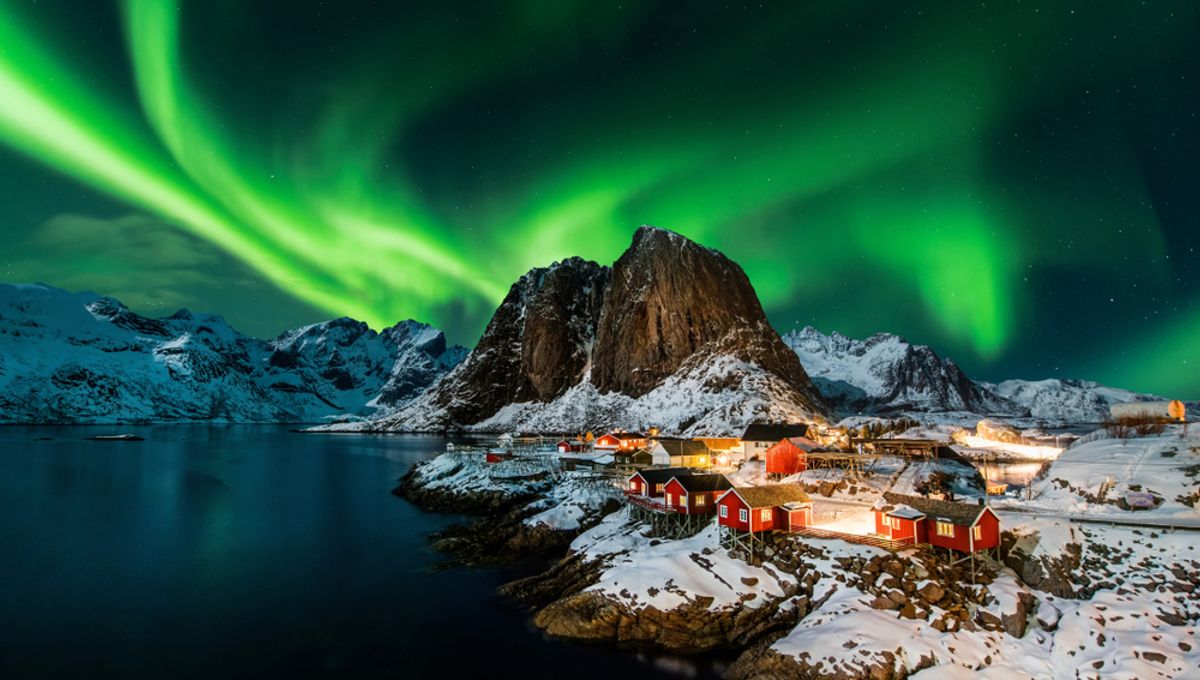
The Aurora Borealis, also known as the northern lights, is a spectacular meteorological event produced by the charged particles from the Sun hitting the upper atmosphere. Anecdotal stories suggested that some of these events can create weird sounds, and observations in the last few years not only found such sounds but also recorded them. Now, researchers think that they have an explanation for them.
As reported in research presented last year at the EUROREGIO/BNAM2022 Joint Acoustics Conference, the auroral sounds are a lot more common and they do happen even without a visible aurora. Recordings of these sounds that can assume various forms, like clapping or water falling, have shown an intriguing link with the geomagnetic activity of the planet.
“Using the geomagnetic data, which was measured independently, it’s possible to predict when auroral sounds will happen in my recordings with 90 percent accuracy,” lead author Professor Emeritus Unto K. Laine of Aalto University, said in a statement.
Laine’s explanation came from previous work on this subject linking the sounds to very specific conditions. Favorable weather is necessary because the sounds appear to come from the Temperature Inversion Layer, the warm air area located above the surface’s cold air. Warm air rises and throughout the day lifts ions, electrically charged atoms. The sounds are the electrical discharges happening in this layer.
The aurora is a distinct phenomenon that announces geomagnetic disturbances – but it is not the only one, so auroral sounds can form even when the aurora is not present.
“That was the largest surprise! The sounds are much more common than anyone thought, but when people hear them without visible aurora, they think it’s just ice cracking or maybe a dog or some other animal,” Laine continued.
Hundreds of sounds were recorded at night in the village of Fiskars, Finland, in January last year. Among them, 60 were selected for the statistical comparison.
“This cancels the argument that auroral sounds are extremely rare and that the aurora borealis should be exceptionally bright and lively,” Laine explained.
A potential early written mention of these sounds comes from the Bible. The prophet Ezekiel talks of a phenomenon that has been interpreted as an unusually low latitude northern light. The biblical prophet mentioned the roar of many waters.
The paper can be read on ResearchGate.
Source Link: Clap, Hiss, Crack: Listen To The Peculiar Sounds Of The Northern Lights